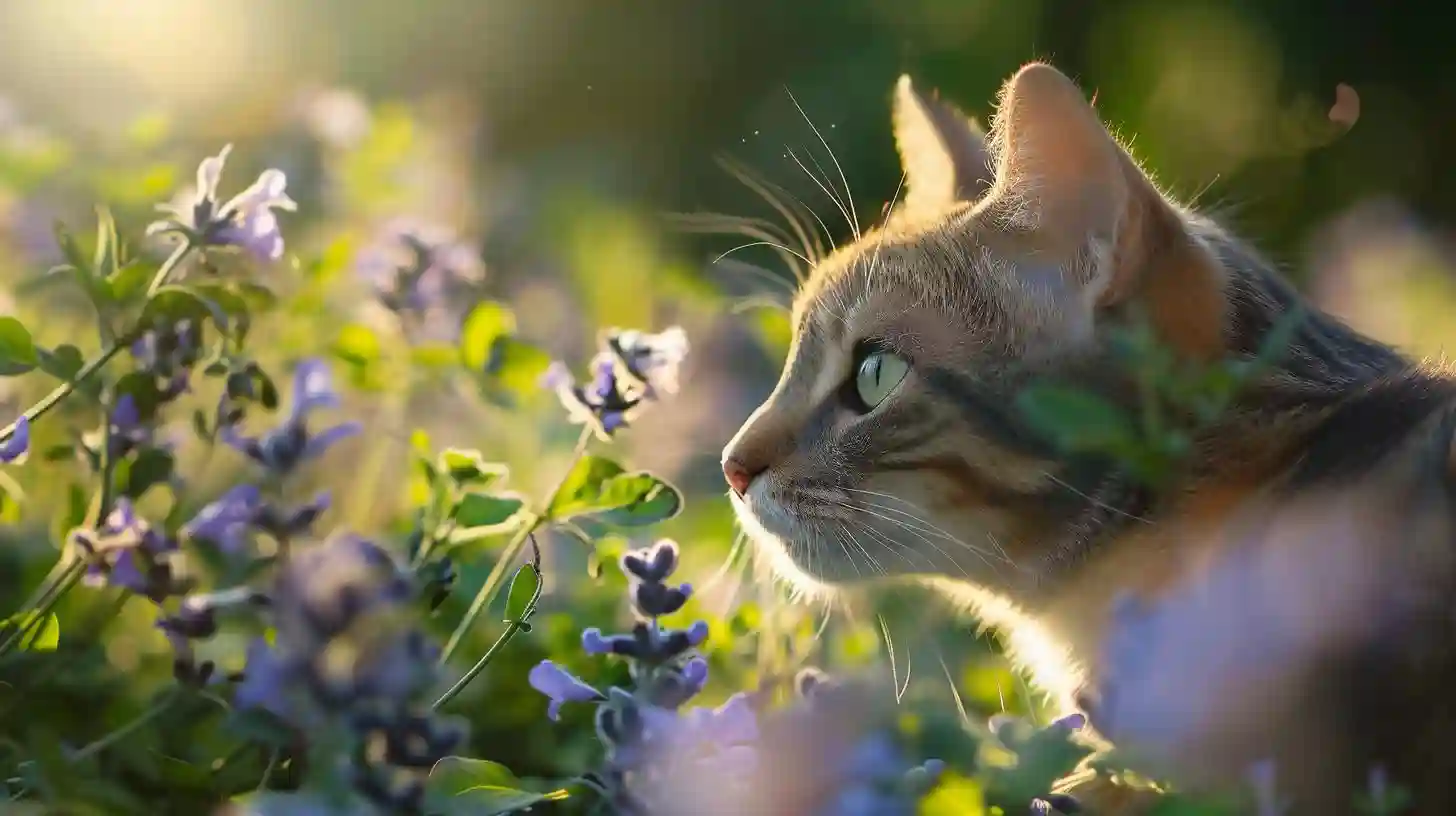
Nepeta, more commonly known as catnip, is a plant that is known to have a special appeal to cats. People have used it as a recreational herb for centuries, but its effects on cats are truly astounding. So, what is it about Nepeta that makes her so appealing to our furry friends? In this article, we'll look at the science behind catnip and why cats love it so much.
First, it is important to understand what catnip is and how it affects cats. Catnip is a member of the mint family and is native to Europe and Asia. It contains a compound called nepetalactone, which is responsible for its effects on cats. When cats come into contact with catnip by sniffing it, eating it, or rolling around in it, nepetalactone binds to receptors in the tissue of the nose, which then triggers a reaction in the brain.
The most common reaction to catnip in cats is a feeling of euphoria. They may rub against the plant, roll on it, or even chew it. Some cats may become louder or exhibit playful behavior. In some cases, they may become more aggressive or hyperactive. This reaction usually lasts about 10-15 minutes before it goes away.
But why do cats love catnip so much? One reason is that it acts as a stimulant in humans, similar to caffeine or amphetamines. This can cause a surge of energy and excitement, making cats more playful and enthusiastic. Additionally, it can help reduce stress and anxiety in cats, providing a feeling of relaxation and satisfaction.
Another theory about why cats are so attracted to catnip is that it triggers their natural instincts. In the wild, cats use scent to mark their territory and communicate with other cats. When they come into contact with catnip, nepetalactone releases a pheromone-like aroma that can excite or relax cats, depending on their individual preferences.
It's also worth noting that catnip does not affect all cats. In fact, only about 50-70% of cats have the genetic predisposition to react to it. Kittens and older cats are less likely to react to catnip than adult cats. Additionally, some cat breeds are more sensitive to catnip than others.
Overall, the effects of catnip on cats may vary depending on the individual cat and its sensitivity to the compound. Some cats may become more playful and energetic, while others may become more relaxed and calm. Regardless of their reaction, it's clear that catnip has a special appeal that makes it a favorite among our feline friends.
This compound triggers a reaction in cats' brains, causing a range of reactions from euphoria to relaxation. Not all cats are affected by catnip, but for those who are, it can be enjoyable and stimulating. So, the next time you want to treat your cat to something special, consider giving her some catnip and see how she enjoys its effects.